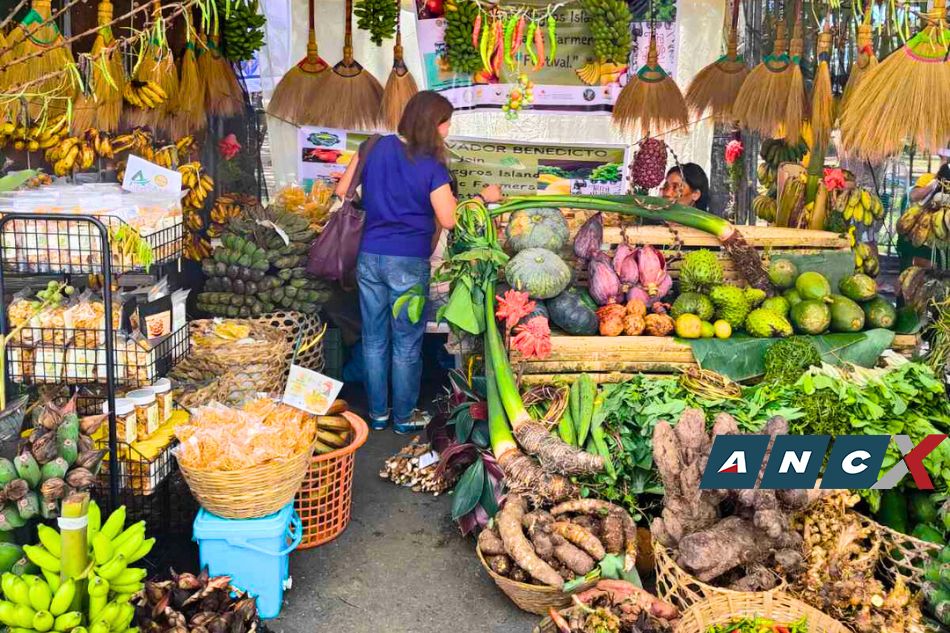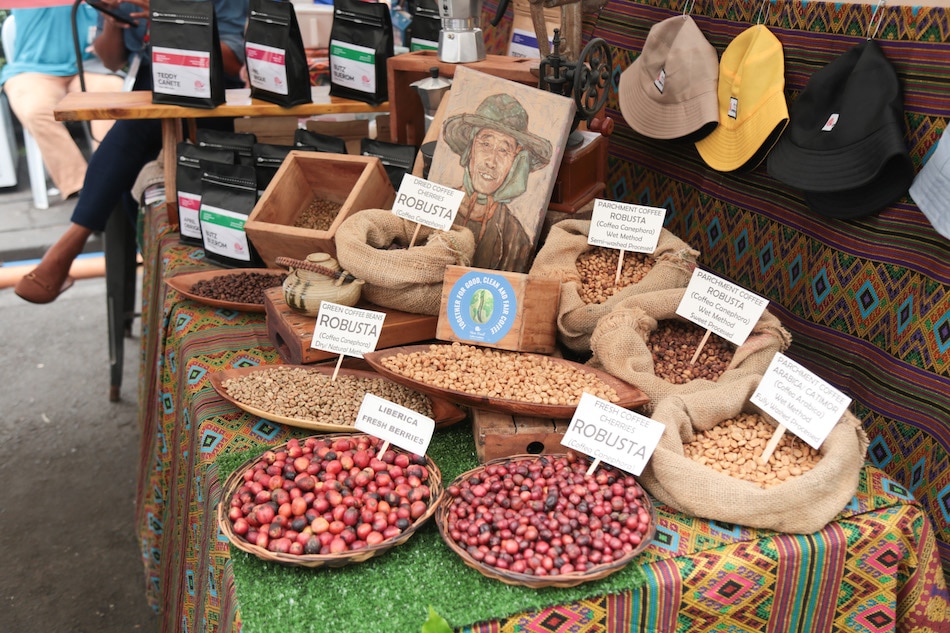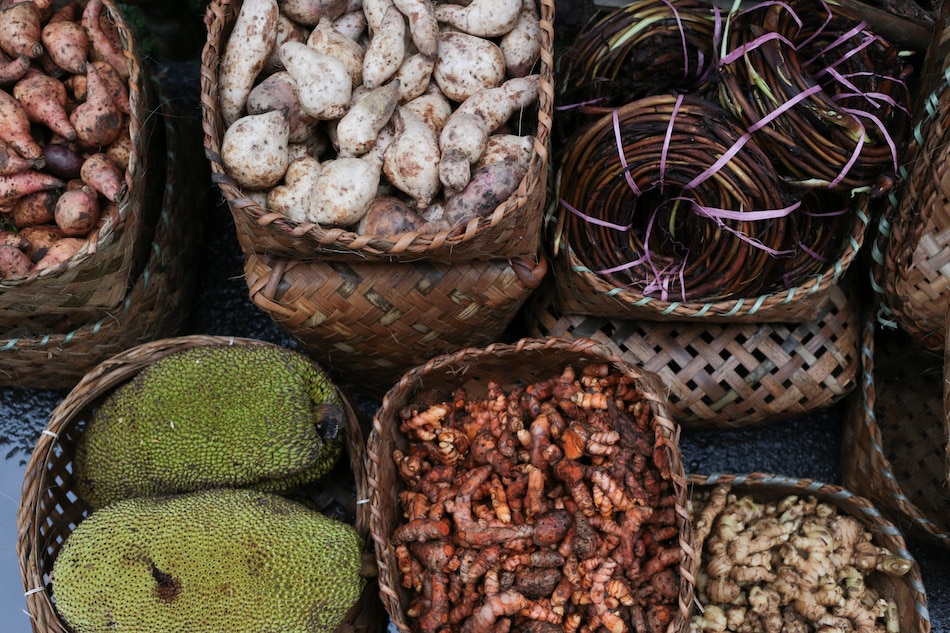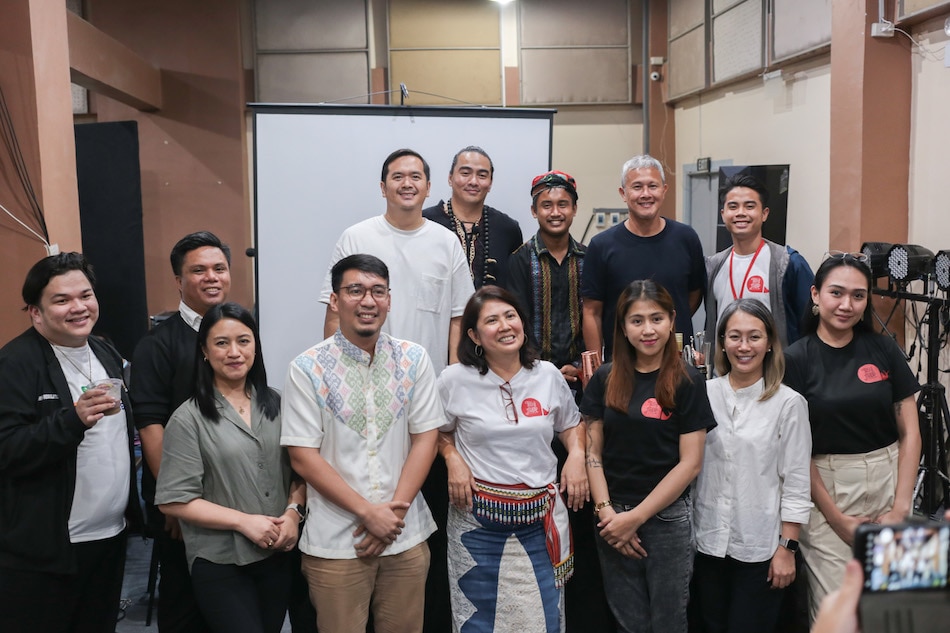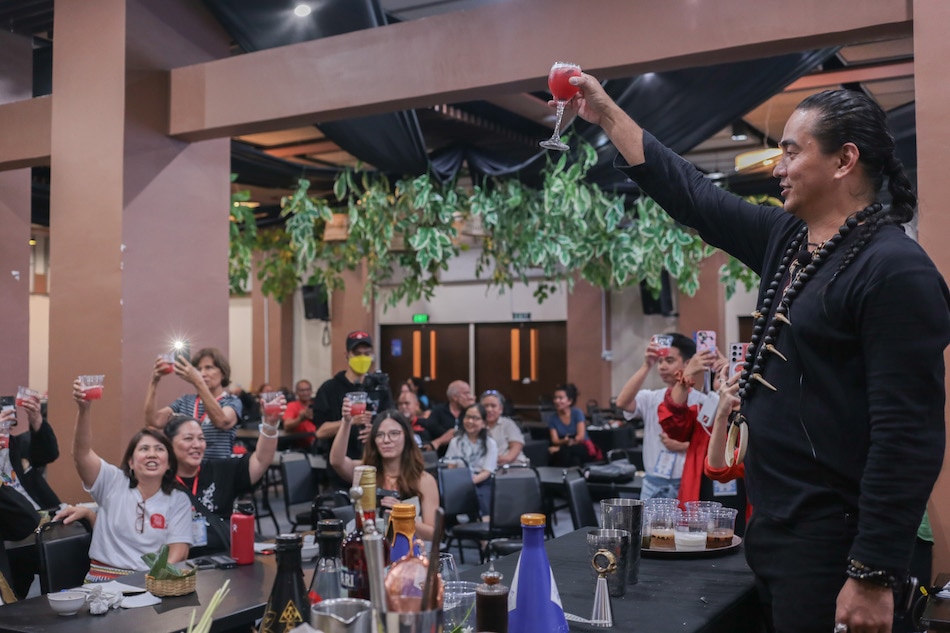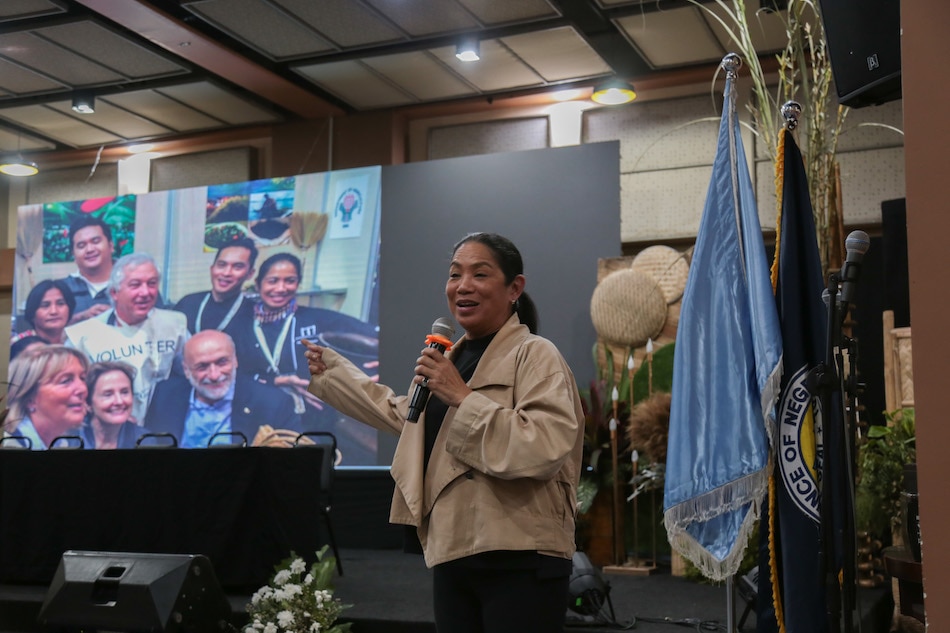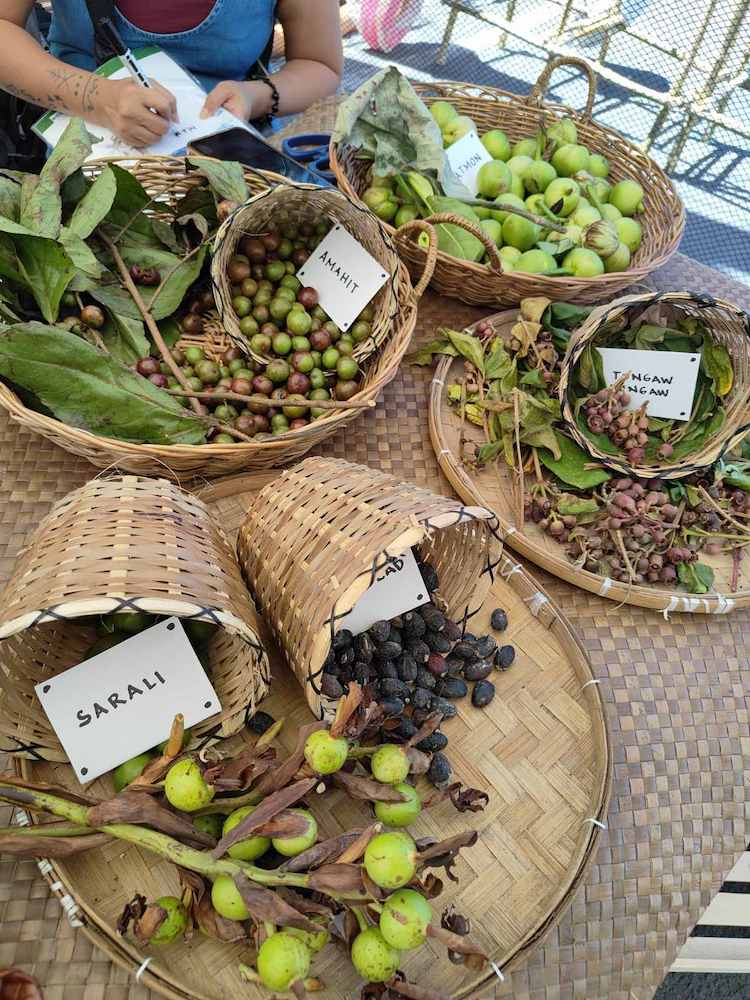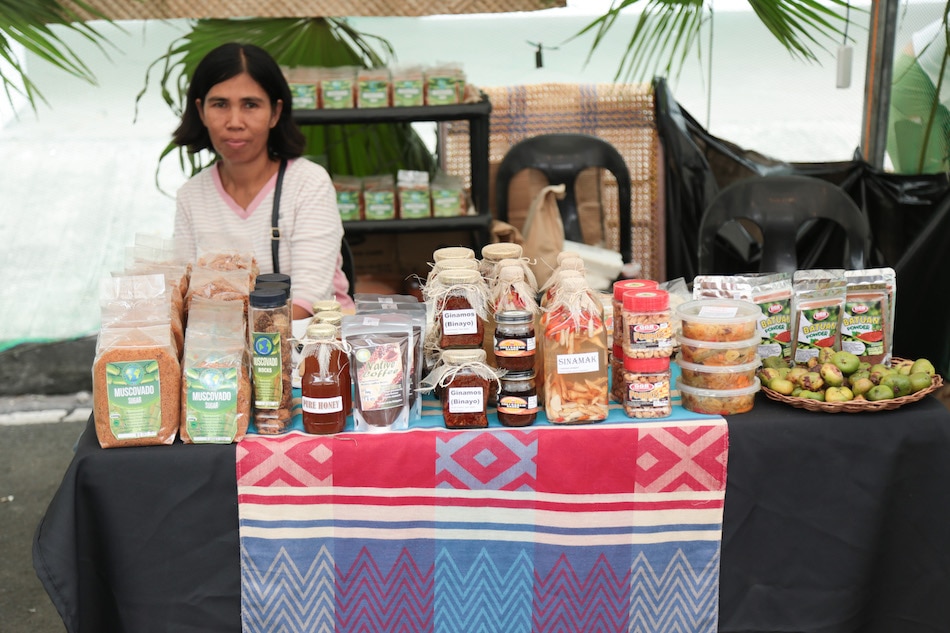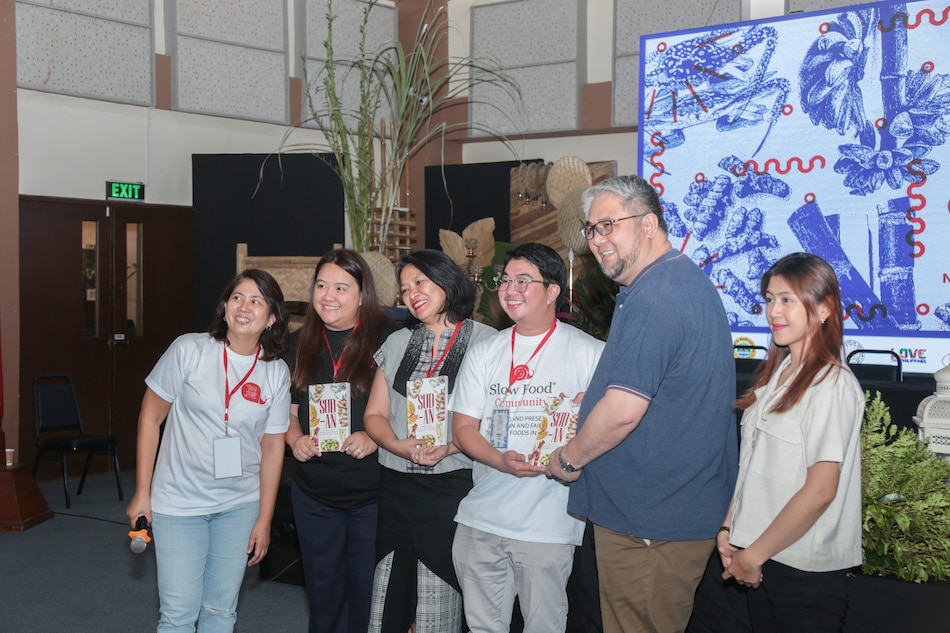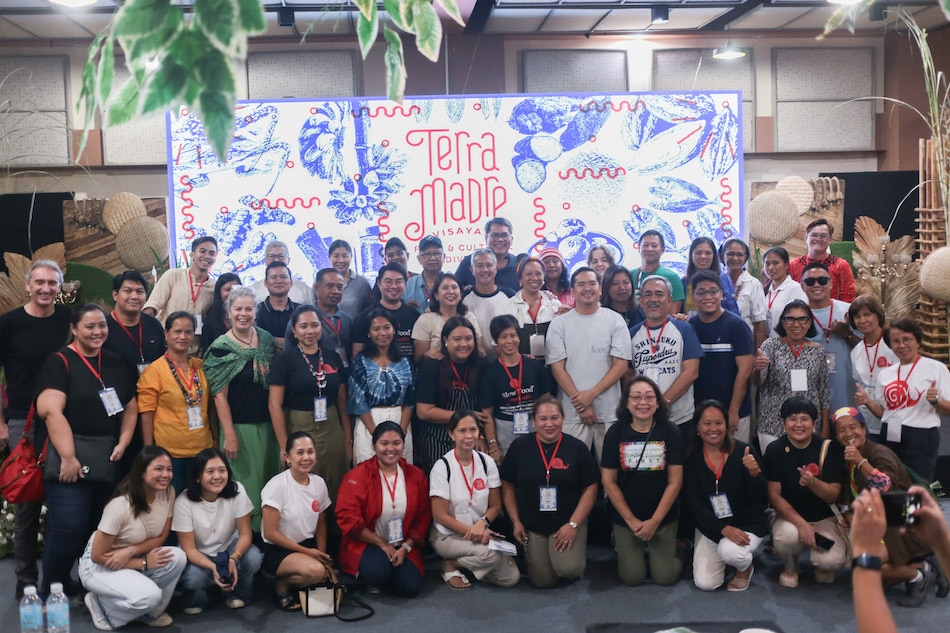For many of us who are used to living life on the fast lane and living off on fast food, slow food sounds like an alien term. Does it involve a longer wait time for meals to be cooked?
While it's clear that the Slow Food movement stands as the antithesis to our fast-paced, mass-produced world of fast food, its essence, as we discovered at the very first Terra Madre Visayas, goes far beyond our initial impressions.
Slow Food is a global, grassroots organization composed of groups and communities working towards promoting food that’s good, clean, and fair.
“Good for our body, clean for the environment, and fair priced for the farmers and also the consumers,” Reena Gamboa, president of Slow Food Community in Negros Island, puts it simply. The stakeholders are farmers, cooks, and regular consumers. “Everyone who’s interested and believes in our advocacy can be a part of it,” she says.
Slow Food, the international organization, was founded in Italy in 1989. Its goal, according to the handouts provided, is to “prevent the disappearance of food cultures and traditions, counteract the rise of fast life, combat people’s dwindling interest in the food they eat and were it comes from, and raise awareness about how our food choices affect the world around us.”
Looking after Mother Earth
Terra Madre literally translates to Mother Earth. “We want to look after Mother Earth,” says Slow Food International’s regional director for Asia & Pacific Elena Aniere. Which is precisely why the first Terra Madre event was organized in 2004. It has since been held every two years, and is now called Terra Madre Salone del Gusto. “It’s to give importance to the small-scale farmers around the world that are safeguarding our biodiversity,” Aniere adds.
Gamboa had the chance to attend the Terra Madre Salone del Gusto in Italy last year, and was inspired by the warm reception of Slow Food communities from around the world. “We didn't stop having guests going in and out [of our booth]. We served a different type of adobo every day. We had Kalel Demetrio mix the drinks. It was a hit, I couldn't even leave our booth,” she recalls.
The Philippine contingent also participated in the talks and the taste workshops, which they realized are very important in learning more about the culture and the gastronomy of a certain place. “We were inspired to duplicate what we experienced in Italy here in Negros,” says Gamboa.
Things started to fall into place when Department of Tourism-Region VI embraced the Slow Food advocacy in its initiatives. DOT funded the food mapping, uncovering the essential ingredients that should be included in the Ark of Taste — “an online catalog of products that belong to the culture and traditions of the entire planet and are at risk of disappearing.” This became one of their major motivations as well to hold the Terra Madre Visayas.
The event, held last November 15 to 19, was made possible by the Slow Food Community of Negros, Senator Loren Legarda, Slow Food International, the National Commission for Culture and the Arts, the Department of Tourism, and the Provincial Government of Negros Occidental. The goal of the event was to unite food communities, academe, youth delegates, and stakeholders to promote small-scale, traditional, and sustainable food production, says Gamboa.
Working with organic farmers
The first Terra Madre Visayas marks a special milestone for the Slow Food Community in the region, because it also coincides with the 16th edition of the Negros Island Organic Farmers Festival, spearheaded by Ramon Uy, Jr., president of Fresh Start Organics.
In an interview with the media, Uy recalls the beginnings of the festival in 2006. “When we started the first organic farmers festival, we were trying to change the food system in our locality. It was very hard at the time because we felt very alone. We thought we were doing this advocacy by ourselves,” he says.
“And then I got invited by Slow Food International in 2012 to go to Terra Madre, and when I went there, it's like, this is my home. I saw more than 10,000 people from 160 countries with the same passion, with the same commitment as us. So we felt that this is our home, this is our tribe,” he says.
Uy expresses his delight with the turnout of the Terra Madre Visayas. “We have 250 delegates from all over Visayas and other countries. We have guests from San Francisco who flew over here just to be part of this,” he says, adding that this is just the beginning. “After two years, we're going to do Slow Food Terra Madre Philippines. And after four years, in 2027, we're going to target Slow Food Terra Madre Asia and the Pacific. So that's the plan.”
“I didn’t expect it to be that successful. It is so heartwarming,” Gamboa tells ANCX. “And the fever has caught on… We’re getting inquiries to form communities or to join our community.”
We are what we eat
During our stay in Bacolod, we had an enlightening discussion with Paolo Di Croce, director general of Slow Food International. A common observation is that consumers have the inclination to buy food that are cheap and with longer shelf life. However, Paolo Di Croce reminds us, “Before considering the cost, place greater value on food.” This, he says, is a crucial aspect of their educational efforts — "to make people understand that we are what we eat.”
He urges consumers to know the real cost of food, “why sometimes what is considered cheap is not really cheap” due to hidden costs. He was referring to its impacts on the environment and the market, implications to public health, and food wastage.
“This is the big challenge that we have — to make people aware about what they eat and make them think that with simple daily choices, we can contribute to creating a better situation for ourselves, for others, and for the planet.”
How can consumers then be sure of what products to buy? Relying on advertisements may not be wise. “If you check the advertisements, now everything is sustainable. The word sustainability means nothing today. Everything is organic,” he points out.
He says this is why creating awareness — making people understand what being good, clean and fair actually means — is important. Certifications frequently fall short in providing clear guidance. Small-scale farmers, despite adhering to organic practices, often lack the financial means to obtain certification, making it challenging for them to demonstrate their commitment.
Di Croce proposes a shift towards putting the name of producers on the labels of the product, allowing consumers to establish direct connections and personal knowledge about the production side. In essence, the challenge is to empower consumers with the freedom and knowledge to make informed choices, fostering a connection between what they eat and the ethical considerations associated with production methods.
What we can do
As regular consumers, we can also do something every day to make a difference. Here is a list of advice listed in the Slow Food in Western Visayas Philippines handout:
- Pay attention to seasonality. When consumed at the right time of the year, many foods tend to be tastier, cost less, have traveled fewer kilometers, and be more nutritious.
- Favor fresh and locally sourced foods, making sure that the time between harvest and consumption is as short as possible. They’ll taste better and are better for the environment.
- Read food labels and if you’re not sure about an ingredient, look for an alternative. Beware of ingredients listed by number. Food is not a number. (Genetically modified organisms or “invented” varieties are often labeled with numbers, whereas heirloom varieties are identified by names.)
- Buy direct from the producer whenever possible.
- Prioritize products that are traditional to your local area or neighboring areas, learning about their stories and who produces them.
- Treat yourself to a biodiverse diet. Eating a wide variety of different foods is food for the palate and good for the body.
- Eat right without overdoing it, especially when it comes to foods with a higher environmental and health impact. Eat less meat, but of better quality.
- If you have the opportunity, grow a vegetable garden.
- Be curious, read, get informed: It’s food to know about what you put in your body. It becomes a part of you, after all.
- Cook for yourself and the people you love: Even if you think you don’t have much skill, you’ll learn with practice.
- Never waste food. Food is life and should be regarded as sacred. There are a thousand ways to reuse leftovers with plenty of wonderful recipes.


